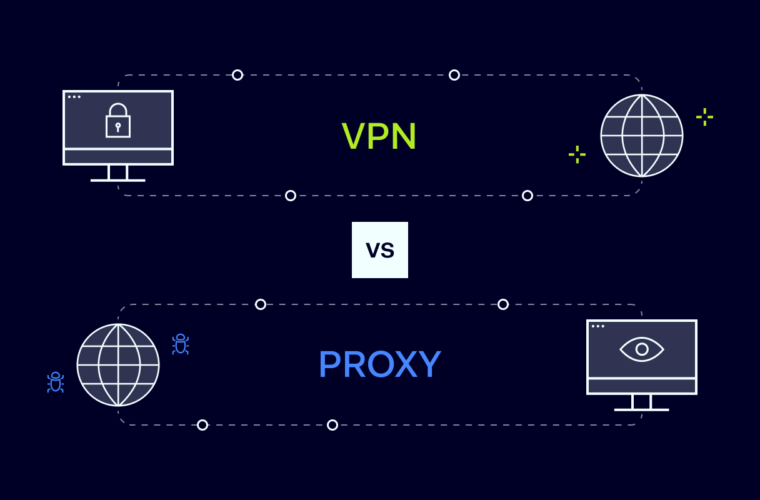Secure telecommuting: the vital role of VPNs in remote work
In the wake of the COVID-19 pandemic, the landscape of work has been forever altered, with remote work now an integral facet of the modern workforce. A report from Coresignal highlights that Europe witnessed a significant shift as of last year, with approximately 9% of jobs transitioning to remote work. As businesses adapt to this paradigm shift, the need to ensure secure remote connections and safeguard company data has taken center stage. Unfortunately, this shift has also made remote workers attractive targets for cybercriminals, resulting in an alarming 238% surge in cyberattacks.
The remote work revolution and its security imperatives
In the past two years, the global workforce has undergone a seismic transformation towards remote work, accelerated by the pandemic. Companies have increasingly recognized the benefits of telecommuting, with platforms like Zoom, Microsoft Teams, Skype and Slack becoming everyday tools for many millennials. A study from Joblist revealed that in the United States, a staggering 49% of millennials desire fully remote roles. Furthermore, 36% of job seekers this year actively seek fully remote positions.
The rise of remote work has ushered in a host of cybersecurity challenges. Remote employees find themselves working from diverse locations, often relying on unsecured public or shared Wi-Fi networks. This vulnerability has been exploited by cybercriminals, resulting in a surge of attacks aimed squarely at remote workers. An analysis by Alliance Virtual Office, examining millions of cybersecurity data points, revealed that the misuse of both work and personal devices contributes significantly to these vulnerabilities. Shockingly, 69% of employees use personal devices for work tasks, which often lack the essential cybersecurity protections found in work devices. Similarly, 70% of employees use work devices for private purposes, creating further potential entry points for hackers.

The vital role of VPNs
In this cybersecurity landscape, Virtual Private Networks, or VPNs, have emerged as indispensable tools to address these security challenges. VPNs establish secure, encrypted tunnels for data transmission, rendering it nearly impossible for malicious actors to intercept sensitive information. This encryption assumes paramount importance when employees access company networks via unsecured public Wi-Fi. Recent studies indicate that VPN usage has transitioned from being the domain of the tech-savvy to a global norm, with 31% of worldwide Internet users connecting to VPNs daily. VPNs are now integral to secure remote work, making it essential to comprehend what VPNs are and how they function.
VPNs also empower remote employees to access corporate networks securely. Whether accessing files on the company server or using internal software applications, VPNs guarantee that all communications remain confidential and secure. By masking remote employees’ IP addresses, VPNs encrypt all data flow between their devices and company platforms, creating a formidable barrier against hackers. Remarkably, setting up a VPN doesn’t require elaborate servers or hardware, as many of the best models are software-based, rendering them as accessible as multifactor authentication and single sign-on solutions.
The constraints of VPN usage
While VPNs provide significant security benefits, their use in remote work does entail certain limitations. Factors such as the quality and location of the VPN server, encryption level, and network congestion may slow down internet speeds. Additionally, VPN usage might disrupt websites or services that detect and block VPN traffic or necessitate extra verification. Users should also exercise caution when selecting VPN providers, as untrustworthy providers may log, sell, or leak personal information.



